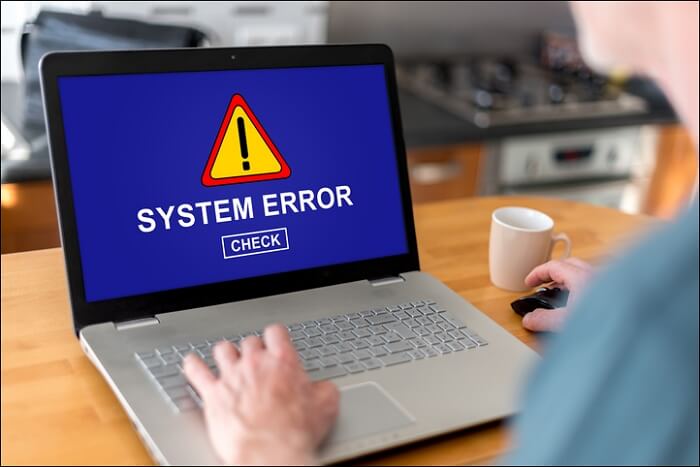A Comprehensive Introduction to Boot Sector Virus [Updated 2024]
Jerry updated on Jan 09, 2024 to Knowledge Center | How-to Articles
Do you know what is boot sector virus? You may have searched for information about it online but still have not gotten the answer you want. Do not worry; you will have a full understanding of the boot sector virus as soon as you read this article.
A boot sector virus is a type of malware that infects a computer's system boot partition or the Master Boot Record (MBR) of a hard disk. Boot sector viruses will attack the boot sector of a floppy disk or the boot sector of a hard disk to ensure that their code is run each time the computer is started.
The boot sector virus represents one of the earliest programs designed to attack and infect PC. Some common boot sector viruses include Elk Cloner, NYB, Stoned, and Michelangelo.
Boot sector viruses are among three classes of viruses: macro viruses, file infectors, and boot-record infector viruses. Of the three types of viruses, boot sector viruses can be the most damaging.
When a boot sector virus enters your system, it will infect the connected storage media. How does it spread is as follows:
Viruses can be a nightmare for computer users. Infecting the boot sector virus can cause a variety of problems, such as boot or data loss on Windows, for computer users:

Now, we have gotten intimate knowledge of the destructiveness of the virus. Fortunately, we can take many steps to help defend against the boot sector virus.
For individuals, the ways to prevent computer virus can be:
Note: Check your backup files with anti-virus software like Total AV before using them.
TotalAV is an Award Winning Antivirus and Security Software. It Provides Real-Time Protection from Viruses, Malware & Online Threats.
Antivirus Protection Enabled
For businesses, the ways to defend against a computer virus can be:
You can get more information about free virus removal software for computers in this article.
Related Articles
What Is Control Panel? [All You Need to Know]
What Is A DLL File and Where Are DLL Files Located in Windows 10
Highlights of SanDisk Extreme | Is it Worth Buying and How to Choose it
[What's the Difference] Thin Provision VS Thick in VMware